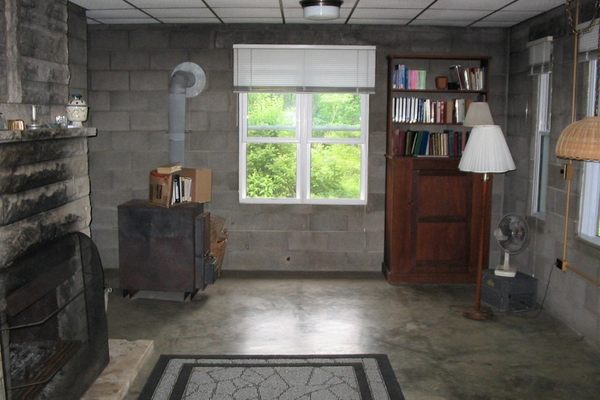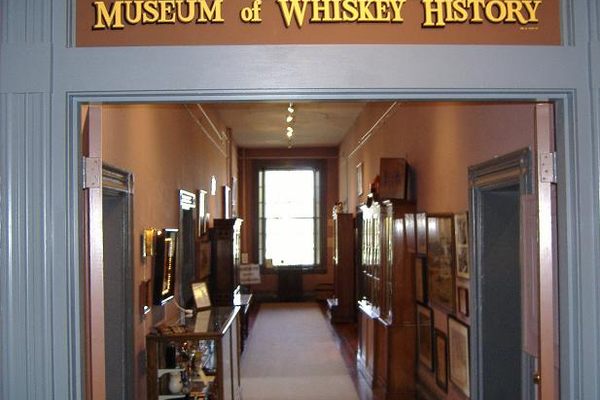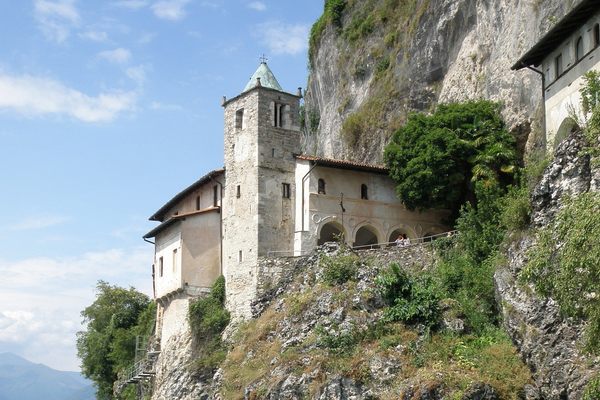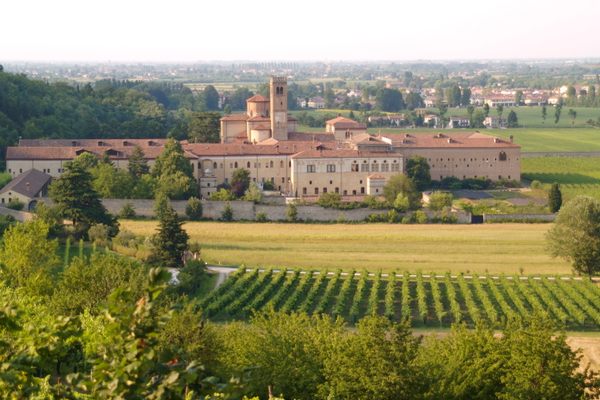AO Edited
Thomas Merton's Hermitage
The Trappist monk, prophet-poet, and rebel never really got to live out the eremitic life he was seeking.
In the 1960s, Thomas Merton’s writing fame had thrust him into the public eye. A tireless critic of social and political happenings of the day, a monk was not supposed to be famous, angry, or critical, and he was often all three. He built a hermitage, but never quite got to live his sought-after hermit life.
Merton was born in 1915 and immigrated to the U.S., having lost both parents before adulthood. His search for meaning and skepticism of emerging modernism led him by his mid-twenties to enter as a postulant at the Abbey of Gethsemani, near Bardstown, Kentucky, several days after the Japanese attacks on Pearl Harbor.
While browsing books on monastic life in a library, he was struck by a photo of Cistercian monks at work. The Cistercians (also called Trappists) had a rule of silence in all activity, and the monks had to use sign language to communicate. The details can be read in his autobiography “The Seven Storey Mountain.” He was critical of technology, “marketing society,” and dependence on specialists, seeing how these aspects of contemporary society deadened the spiritual life. He was an opponent of both capitalism and 20th-century communism. He was a perpetual seeker, and was removed from a list of “exemplary Catholics” because of his tendency to meditate, his critical stances, his sympathy with Eastern religions, and his intense interest in Zen Buddhism.
In the 1950s, the literary fame brought by his autobiography captured the attention of a war-rattled country. Men and women flocked to monasteries and convents because of his writing. He continued to write, and commented on racism, nuclear war, economic, social and political injustice, the absurdities of modern life and the struggle to remain human. Plenty of his work caught the ire of his superiors, who censured him, saying a monk shouldn’t be commenting on such things.
Merton’s myriad medical issues forced him to nearby Louisville often, where he began a relationship with his hospital nurse, Margie Smith. He was eventually caught telephoning her by an operator for the monastery, who turned him into his abbot. Throughout his life, he was always finding himself at odds with authority. He enjoyed drinking beer with his guests when they visited him, he pushed rules about limited correspondence (at that time, monks were allowed four letters per year), and travel (he traveled around the world, even though Cistercians are supposed to be anchored to their monastery). Merton did not excuse his humanity and struggled to maintain his monastic vows. He was always conflicted, but he pressed on. He exemplifies the contradictions, struggles, and absurdities every human must live with.
Merton’s search for solitude resulted in several impromptu hermitages. Initially, he lived periodically in a steel grain cart. Then, a makeshift shack somewhere on the property. In 1965, he was granted permission to build and inhabit an official hermitage on the property. His hermitage continues to be in use by other monks. Merton had essentially reintroduced the idea of eremitic life to his monastic order, and now they accept monks who want to become hermits.
On December 10, 1968, near Bangkok, Thailand, after retiring to his room for a rest during a conference on monasticism, Merton was found dead wearing only his shorts. The official Thai death certificate states that the cause of death was “sudden heart failure.” The police report states that heart failure “caused the dead priest to faint and collide with the stand fan located in the room.” There was no autopsy to explain a bleeding wound at the back of his head. There are, of course, spiraling theories about his death, whether it was accidental or murder. His last recorded words while giving a speech on alienation and Karl Marx at the conference were exemplary of his ironic humor and prophetic wisdom: “…so I will disappear from view, and we can all have a Coke or something.”
Know Before You Go
It is easy and affordable to stay at the monastery, although they suggest and encourage donations. Religious affiliation with Roman Catholics is not required. Merton's hermitage lies north of the abbey. It is in the monks' enclosure, so it is best to ask for permission to be escorted there.


















Follow us on Twitter to get the latest on the world's hidden wonders.
Like us on Facebook to get the latest on the world's hidden wonders.
Follow us on Twitter Like us on Facebook